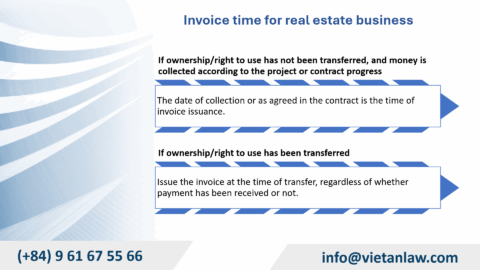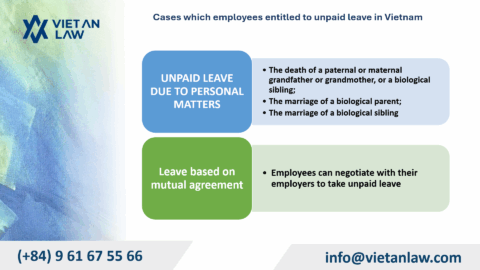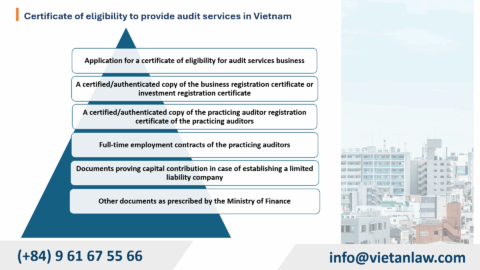International commercial arbitration is a dispute resolution method that is recognized and widely applied in most countries around the world. Selected based on speed and high expertise, international commercial arbitration plays an important role in creating a stable environment for international trade exchanges and cooperation. To clearly understand this method, Viet An Law will summarize a general overview of dispute resolution by international commercial arbitration.

Table of contents
The international arbitration model appeared in Europe in the 20s of the twentieth century:
Modern international commercial arbitration really flourished at the same time as international commercial practices (“traders’ laws”) were formed and widely applied:
International commercial arbitration was established and operating in Vietnam quite early:
The above two organizations are the predecessors of the Vietnam International Arbitration Center (VIAC). Up to now, VIAC has been considered a long-standing and prestigious international arbitration center in Vietnam.
International commercial arbitration is a method of resolving commercial disputes with international elements based on the agreement of the parties (legal entities) participating in the dispute.
International commercial arbitration can be classified into:
The law applied in arbitration has the role of guiding and guiding the parties on how to conduct the arbitration.
For international commercial arbitration, the issue of determining the law applicable to the content of the dispute between the parties is relatively important because the arbitral award is not only based on the terms of the contract but also on the basis of the contract. The provisions of substantive law are governed by the parties’ disputes.
It would be much simpler to determine the applicable law in the subject matter of the dispute if the parties themselves made the determination of the applicable law. If not, then the arbitral tribunal will do so and the law will be chosen by the arbitral tribunal.
This is considered a fundamental principle of arbitration proceedings. The main content of this principle is that the arbitration process must take place in accordance with the agreement of the parties on how to appoint arbitrators and the number of arbitrators in the arbitral tribunal.
This principle is widely recognized by national laws as well as international treaties. For example, under the New York Convention 1958, Article 5 provides: “The composition of the arbitrator or the arbitration procedure is not in accordance with the agreement of the parties or, in the absence of such agreement, is inconsistent with the law of the country conducting the arbitration;…” has partly concretized the above agreement principle.
The basic content of this principle is reflected in the fact that the arbitral tribunal must treat the parties fairly and give the parties sufficient opportunity to present their arguments on the dispute. The purpose of using international commercial arbitration will not be achieved if the parties are not treated fairly before the arbitration.
The principle of equality can be found in the UNCITRAL Model Law on International Commercial Arbitration. Specifically, under Article 18, the parties have the right to request fair treatment and must be given full opportunity to present their case. The provisions of Article 15 of the UNCITRAL Arbitration Rules stipulate that the parties are treated fairly and at any stage of the proceedings each party will be given a full opportunity to present their case.
Considered a central principle of international commercial arbitration.
The principle of arbitrator independence is specified in Article 11 of the UNCITRAL Model Law on international commercial arbitration: “No one can be prevented from becoming an arbitrator by reason of nationality, if the parties do not have any other agreement”.
This is considered the obligation of the arbitrator when settling the case. This principle is reflected in the fact that no outsiders will be allowed to participate in the arbitration hearing without the consent of the parties.
The principle of confidentiality is recognized in the UNCITRAL Arbitration Rules in Article 25, according to which the dispute resolution meeting will be held in secret unless the parties agree otherwise. The arbitral tribunal may require any witness or witnesses to withdraw during the examination of other witnesses.
Above are the general contents of current dispute resolution by international commercial arbitration. If you have any questions about commercial arbitration law or civil law, please contact Viet An Law Firm for our best support!




